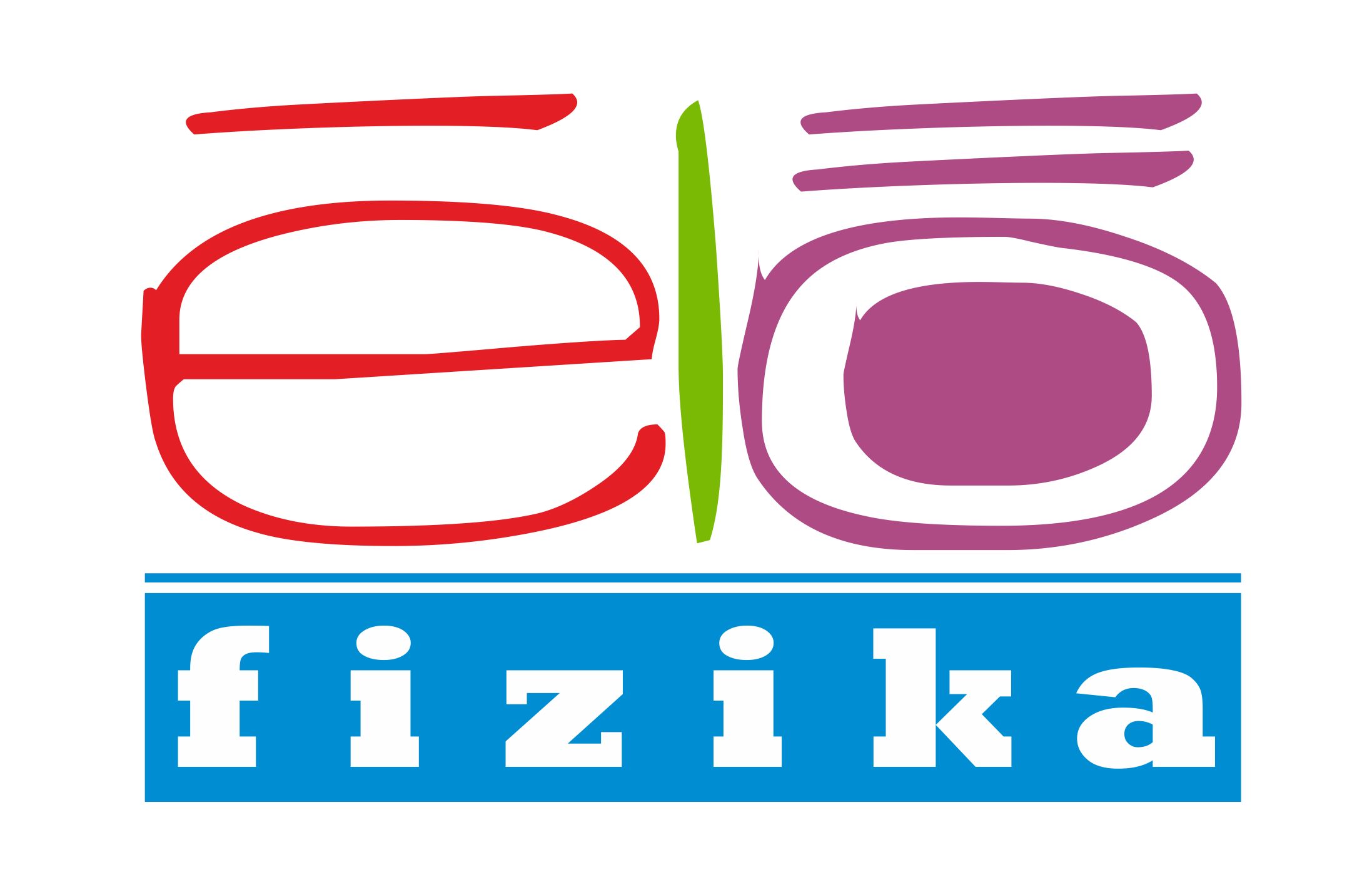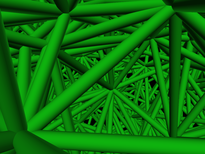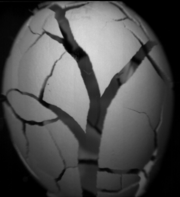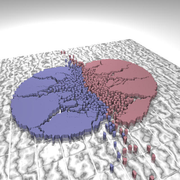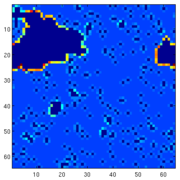Projects
 |
Katasztrofális események előjeleinek azonosításaEU COMPLEXITY-NET project Terhelt rendszerek katasztrófális eseményei és természeti katasztrófák gyakran a rendszer lassú belso dinamikájának következményeként jönnek létre látszólag minden külso ok nélkül. A projekt keretében a katasztrófát olyan jelenségként vizsgáljuk, amely a rendszer elemeinek különbözo hosszúságskálákon megjeleno komplex kölcsönhatásainak eredményeként jön létre. More details ... |
Elsosorban a szub-kritikus nyírás által kiváltott károsodás és törés folyamatára koncentrálunk, amely jelenségek széles skálájában játszik fontos szerepet a tribológiától, az anyagok kopásán, hó lavinákon és földcsuszamlásokon át a földrengésekig. A problémát interdiszciplináris perspektívából vizsgáljuk kombinálva a statisztikus fizika, a geológiai és a mérnöki tudományok eszköztárát és megközelítési módszereit. A projekt fo célkituzése a rendszer globális gyorsulását kiváltó epicentrumok természetének azonosítása, a gyorsulási fázis legalább statisztikus értelemben vett elorejelezhetoségének vizsgálata és végül módszerek kidolgozása laboratóriumi tesztek eredményeinek geológiai méretekre történo felskálázásához. |
|
Statistical Physics of Non-Equilibrium SystemsResearch University project Az egyensúlytól távoli rendszerek statisztikus fizikájának keretében három részterületen végzünk kutatómunkát: vizsgáljuk szilárdtestek törését és fragmentációját, a reológiai folyadékok struktúra-képződési folyamatait és a szocio-dinamikai hálózatokban lejátszódó információ-terjedéssel kapcsolatos jelenségeket. More details ... |
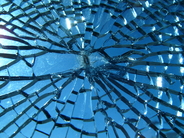 |
A nagy teherbíró képességű, modern anyagok fejlesztésének alapvető követelménye, hogy megértsük az anyagokban terhelés hatására mikroszkopikus skálán lejátszódó károsodási és törési folyamatokat. A konstans terheléstől a periodikuson át, egészen az extrém dinamikus robbantásig változatos terheléseknek van komoly gyakorlati jelentősége. A projekt keretében realisztikus körülmények között vizsgáljuk heterogén anyagok kúszó és dinamikus törését, valamint a fragmentációs jelenségeket.
|
|
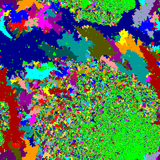 |
Statistical Physics of Fracture and Fragmentation PhenomenaOTKA K84157 project In the framework of the project we are going to investigate various aspects of the damage, fracture and fragmentation of disordered materials. Research efforts are focused in three main directions: we plan to investigate the sub-critical fracture of heterogeneous materials under constant (creep) and cyclic (fatigue) loading; the dynamic fracture process induced by impact loading; furthermore, the fragmentation of bulk materials and shell-like structures. More details ... |
Studying sub-critical fracture the main goal is to clarify the interplay of stress concentrations, the quenched structural disorder and annealed disorder in the macroscopic time evolution and microscopic process of creep and fatigue failure. In dynamic fracture we focus on the initiation and propagation of a crack generated by impact loading, and we investigate how the brittle and ductile character of fracture affects the jerky advancement of the crack front. In fragmentation we want to understand the velocity distribution; furthermore, the mass-velocity correlation of fragments both for bulk and shell structures. We intend to study the shape of shell fragments, as well as, the fragmentation of materials with plastic behavior and ductile breaking.
|
|
News

Science on our PNAS paper
Our paper as Editors' Suggestion
Our paper as Editors' Suggestion
Index on our work
Paper in Scientific Reports
New paper in PRL
Highlighted in Physics Focus
Associate Editor of Frontiers in Physics
Radio interview on our work
Index on our research
On the cover of PRL
Research Highlights
